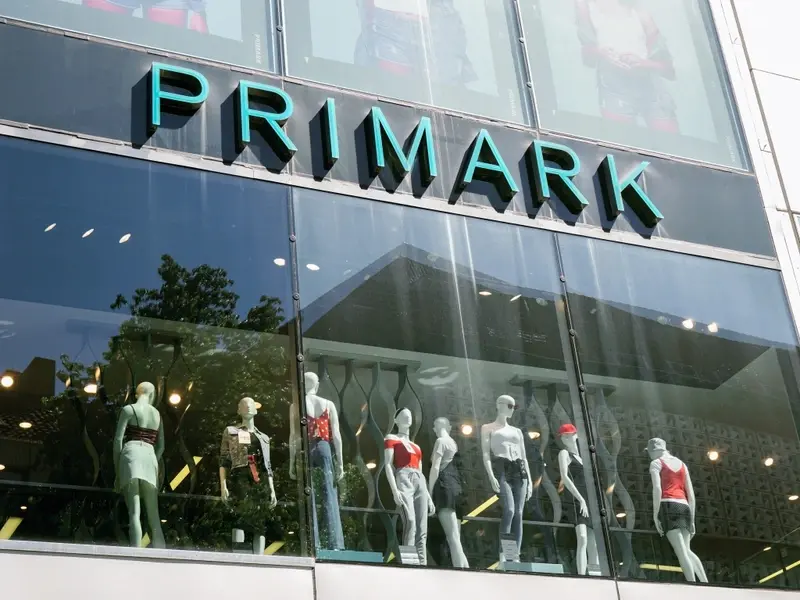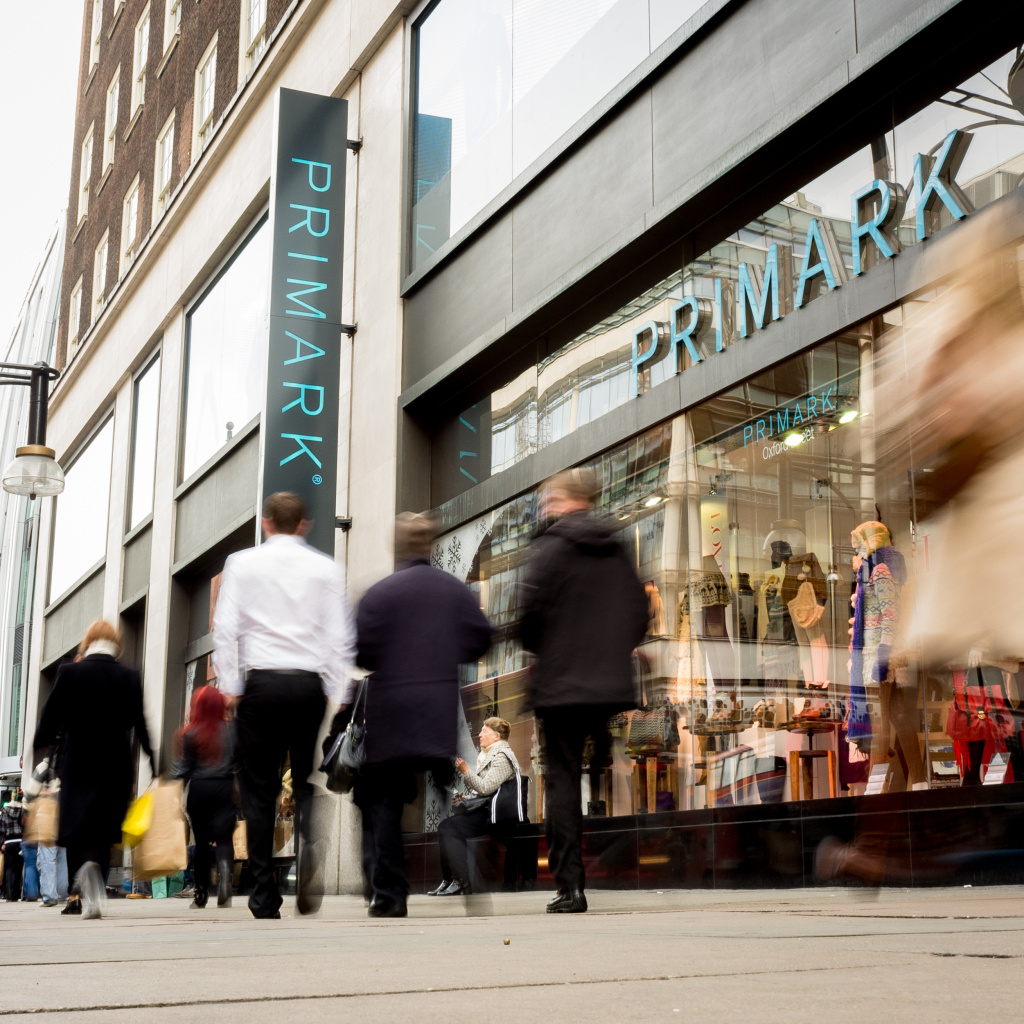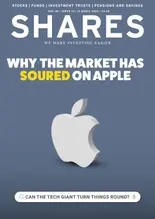
Shares in Associated British Foods (ABF) fell 5.1% to a five-year low of £15.47 after the FTSE 100 company warned its Primark discount fashion chain will need to raise prices in order to offset rampant cost inflation.
The foods-to-fashion conglomerate also guided towards a greater than expected drop in Primark’s second half operating margin to reflect ‘further inflationary pressures’ and now expects a bigger full year margin fall in its food businesses than previously expected.
RECOVERY CONTINUES
Analysts downgraded their forecasts following the inflation warning, which overshadowed the news group sales and operating profit returned to pre-Covid levels in the half ended 5 March 2022.
Associated British Foods said first half revenue rose 25% to £7.88 billion as pre-tax profit more than doubled to £635 million from £275 million. Operating profit jumped from £320 million to £686 million.
CEO George Weston said: ‘This half year sales and operating profit for the group returned to pre-Covid levels. Our people have responded well to the many challenges we faced.
‘Our food businesses have once again proved their operational resilience and Sugar had another strong period, building on its recent track record of recovery. Measures to mitigate higher costs in all our businesses have been taken and more are planned. Primark delivered a significant increase in sales and profit, with stores now open and trading largely free of restrictions.’
PRIMARK TO HIKE PRICES
Investors were spooked as Weston warned Primark will need to raise prices to customers in order to offset rampant cost increases.
‘Looking further ahead, inflationary pressures are such that we are unable to offset them all with cost savings, and so Primark will implement selective price increases across some of the autumn/winter stock. However, we are committed to ensuring our price leadership and everyday affordability,’ he explained.
‘Notwithstanding the inflationary pressures we are experiencing, our outlook for the year is for significant progress in adjusted operating profit and adjusted earnings per share for the group.’
Primark’s total sales in the second half are anticipated to be ahead of the second half of the 2019 financial year, which was pre-COVID, and management still expects Primark’s second half adjusted operating profit will be ahead of the same period last year.
Yet due to ‘further inflationary pressures’, management now expects a bigger reduction in the second half operating profit margin than previously forecast.
Meanwhile, all of the group’s food businesses are ‘experiencing increasing inflationary pressures’ in raw materials, commodities, supply chain and energy.
‘Action has been taken to offset these higher input costs through operational cost savings and, where necessary, the implementation of price increases,’ explained Associated British Foods. ‘However, the benefit of price increases inevitably lags input cost inflation. As a result, we now expect a greater margin reduction in these businesses than previously expected for the full year.’
THE EXPERT’S VIEW
Russ Mould, investment director at AJ Bell, commented: ‘If your brand is all about value then protecting margins is tricky as Primark and its owner Associated British Foods have found.
‘Attempts to cut costs to protect profitability haven’t proved sufficient so Primark is now planning “selective” price increases but notably these won’t prove sufficient to prevent a greater reduction in margins than previously forecast in the second half of its financial year.’
Mould added: ‘Primark has a fine balance to strike as its bargain prices could help it gain market share if consumers trade down thanks to tighter household budgets. However, if it goes too far in lifting prices it could undermine its value proposition.’
DISCLAIMER: Financial services company AJ Bell referenced in this article owns Shares magazine. The author of this article (James Crux) and the editor (Martin Gamble) own shares in AJ Bell.





